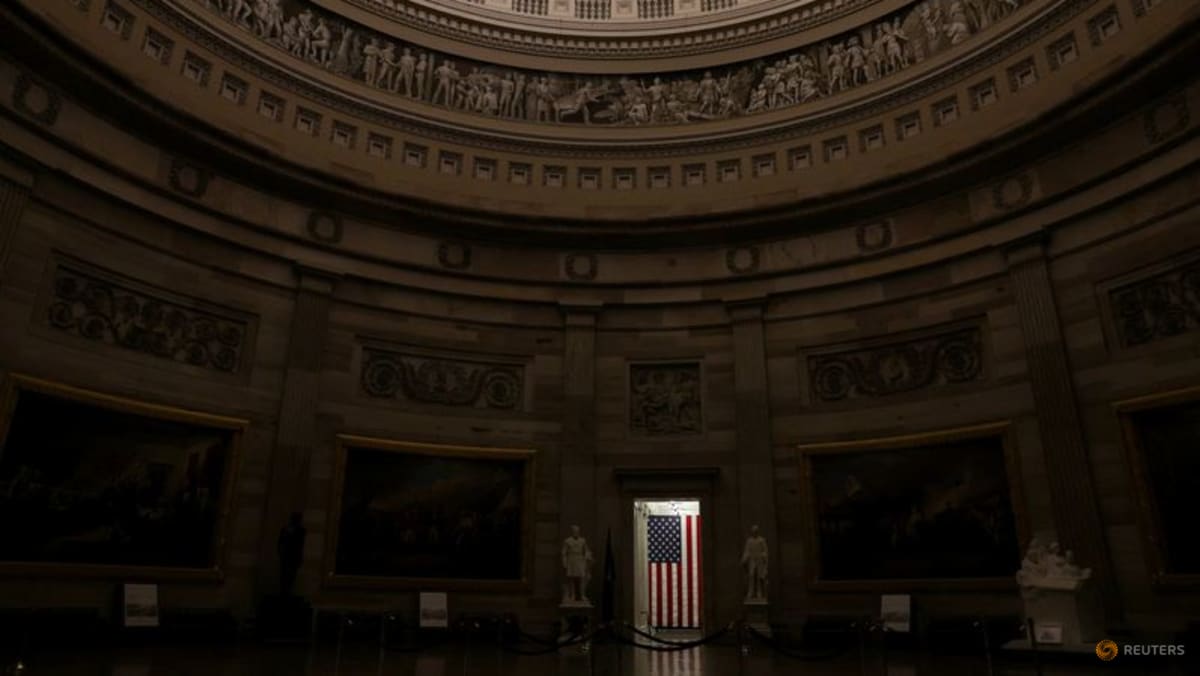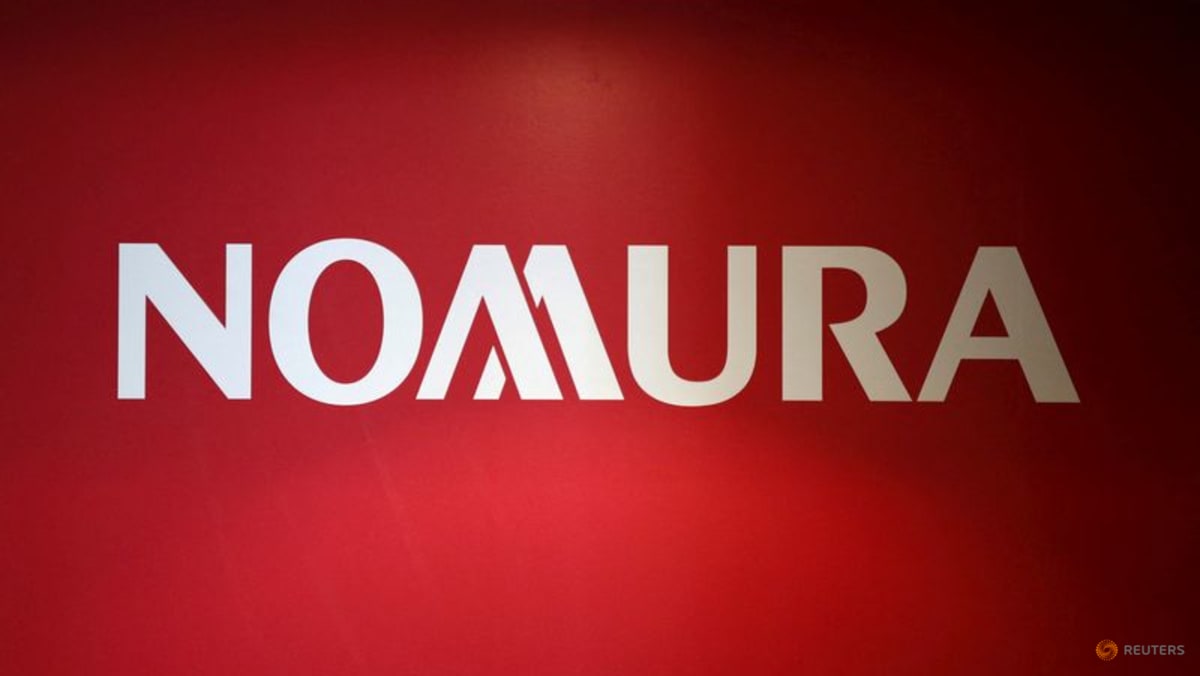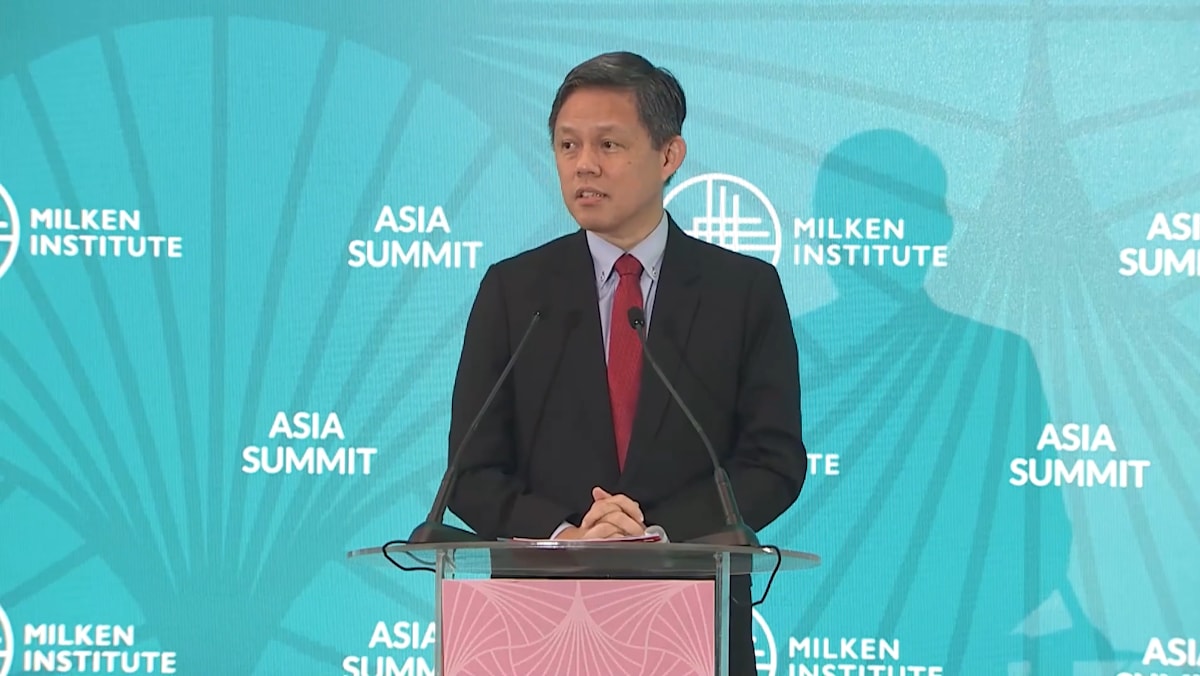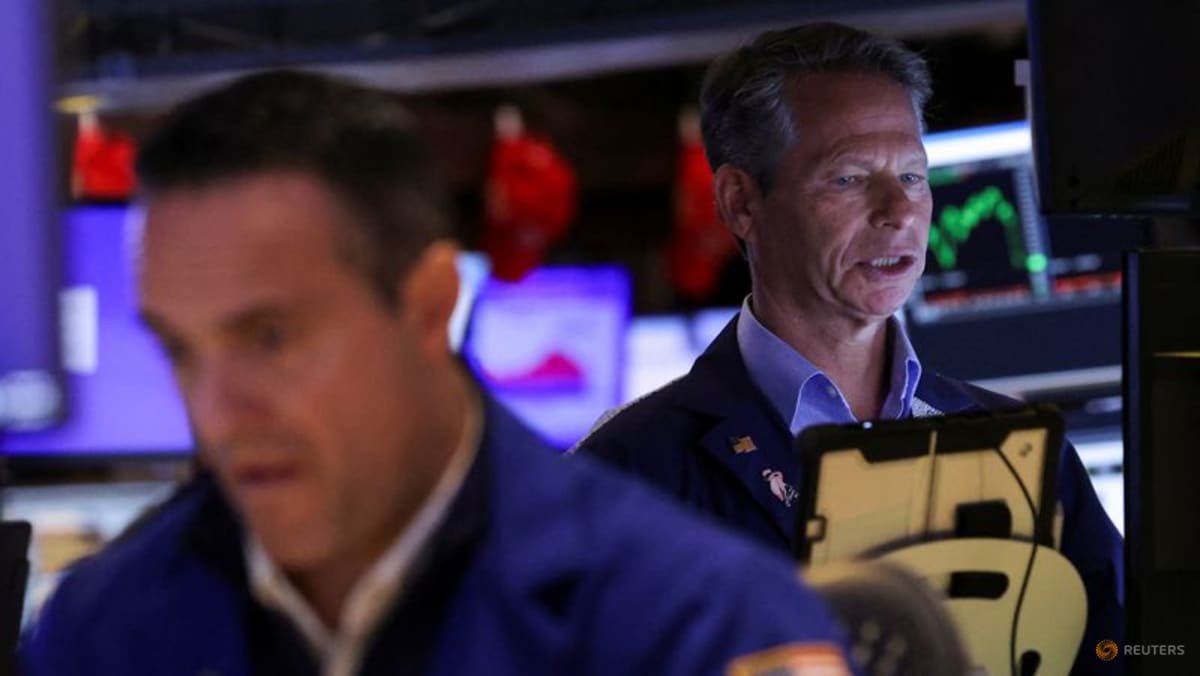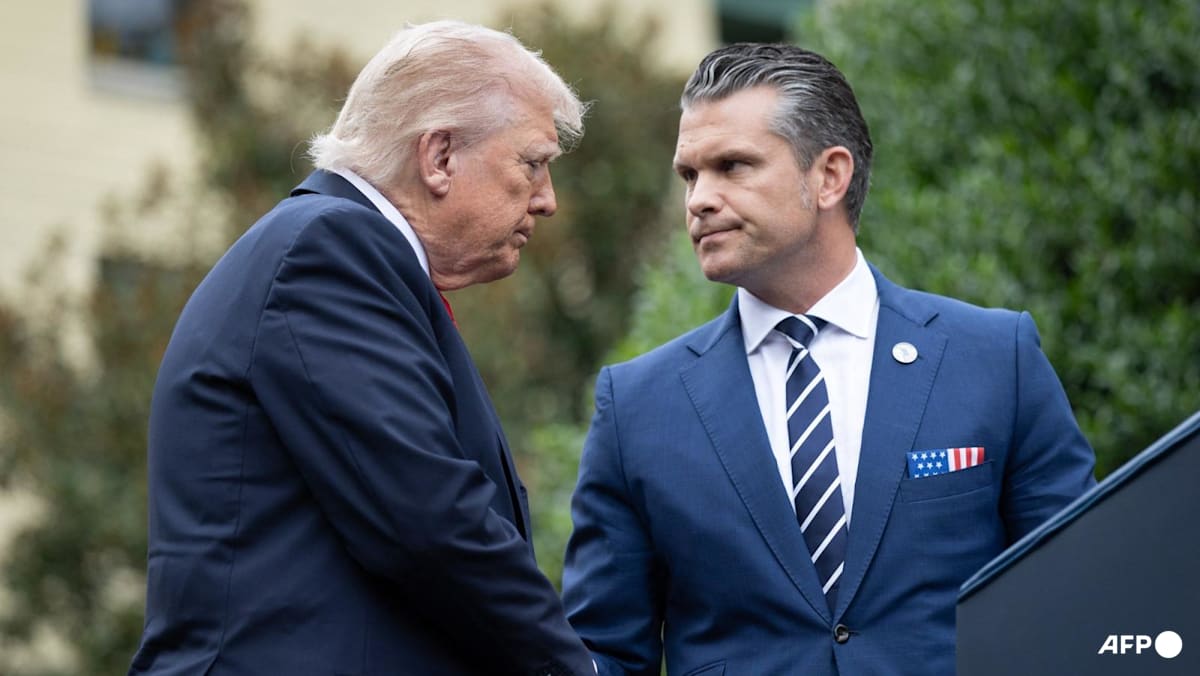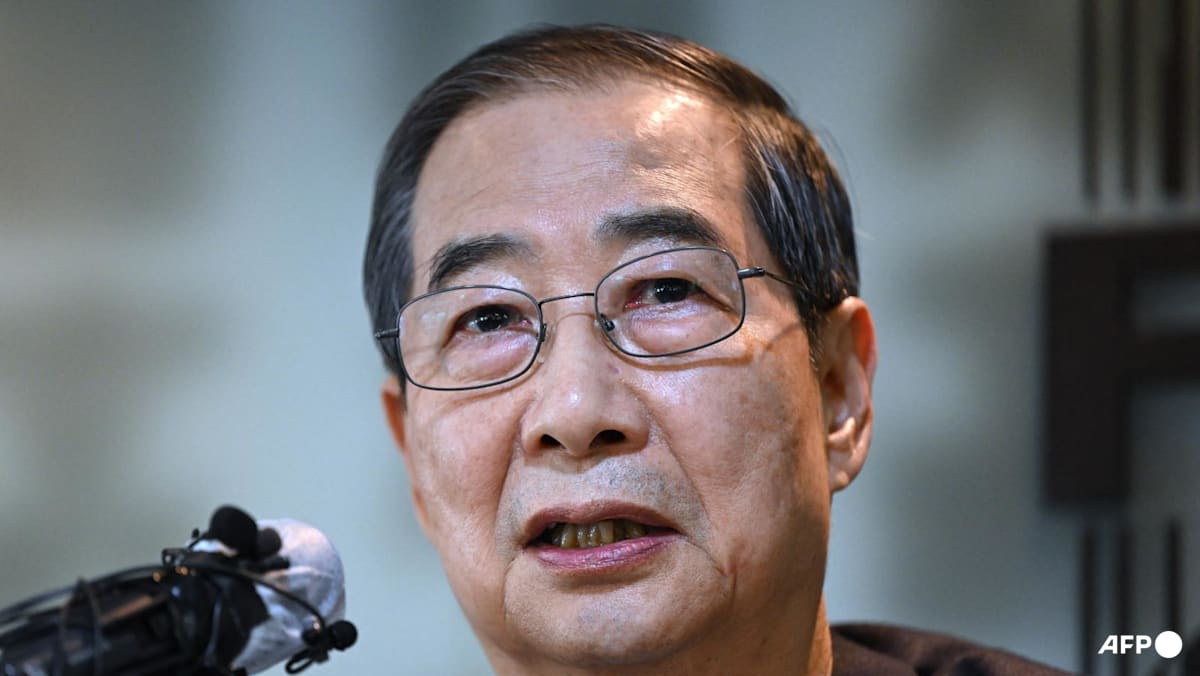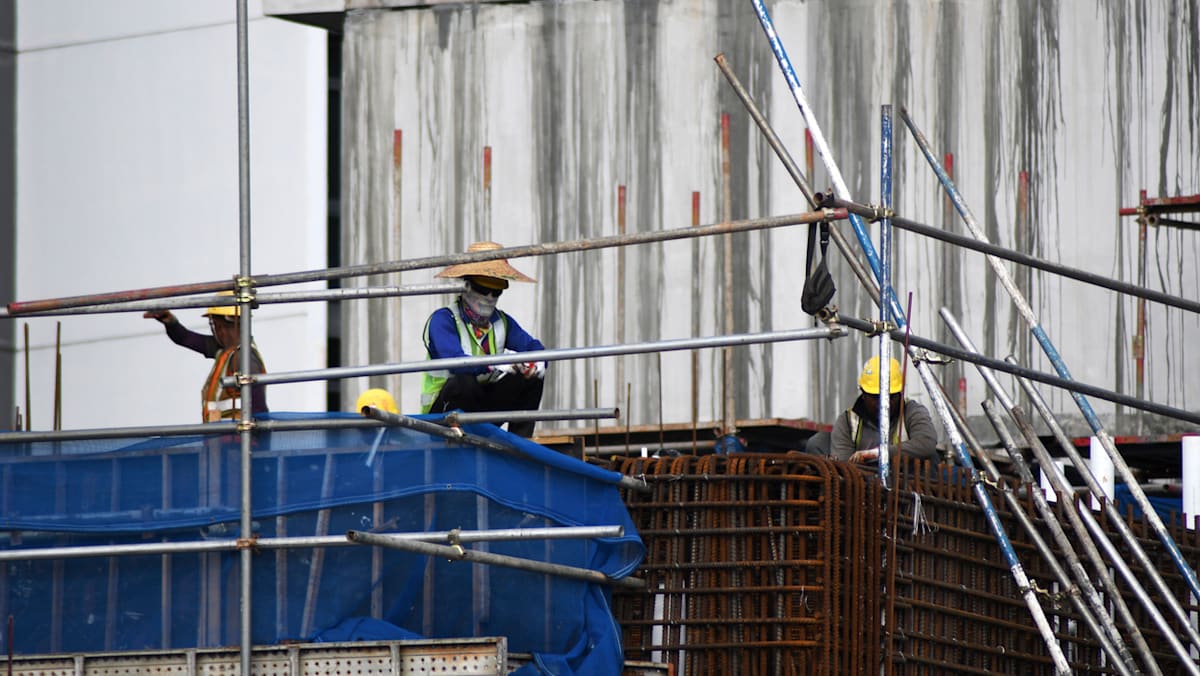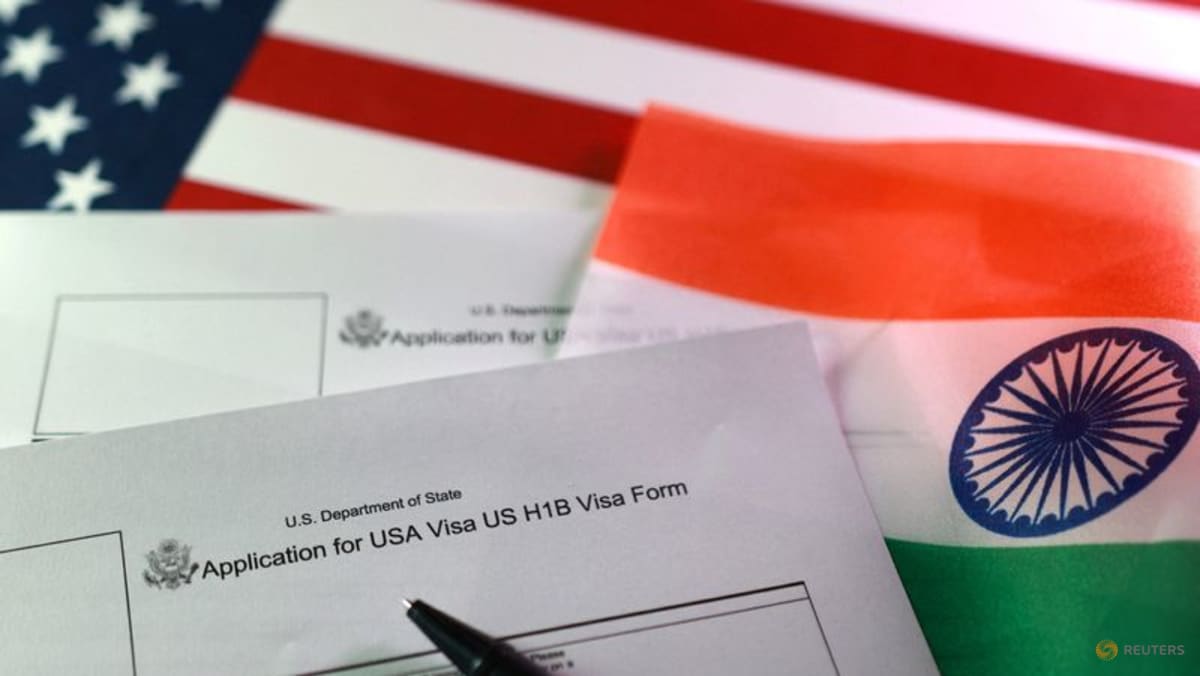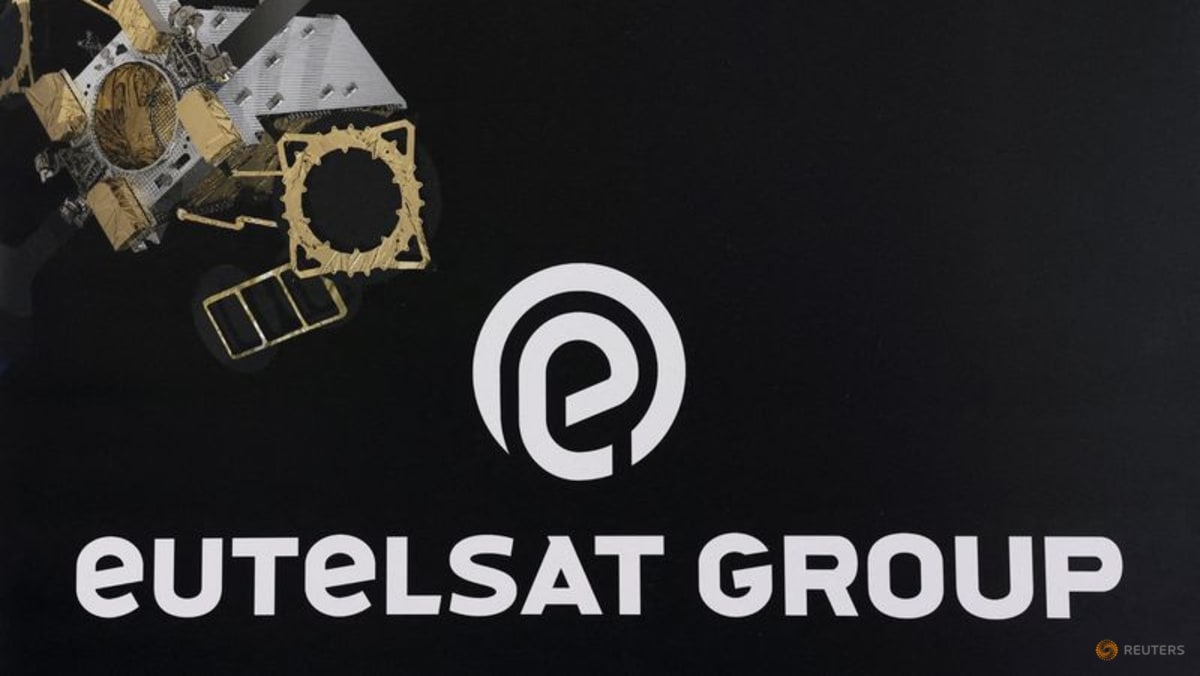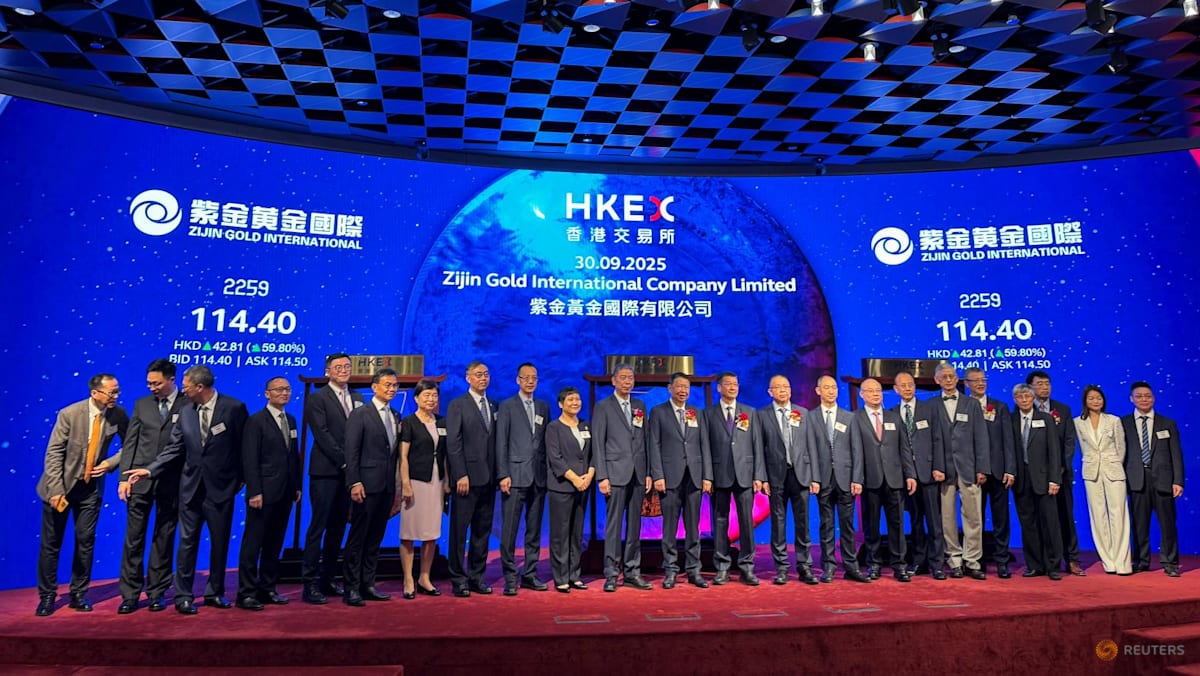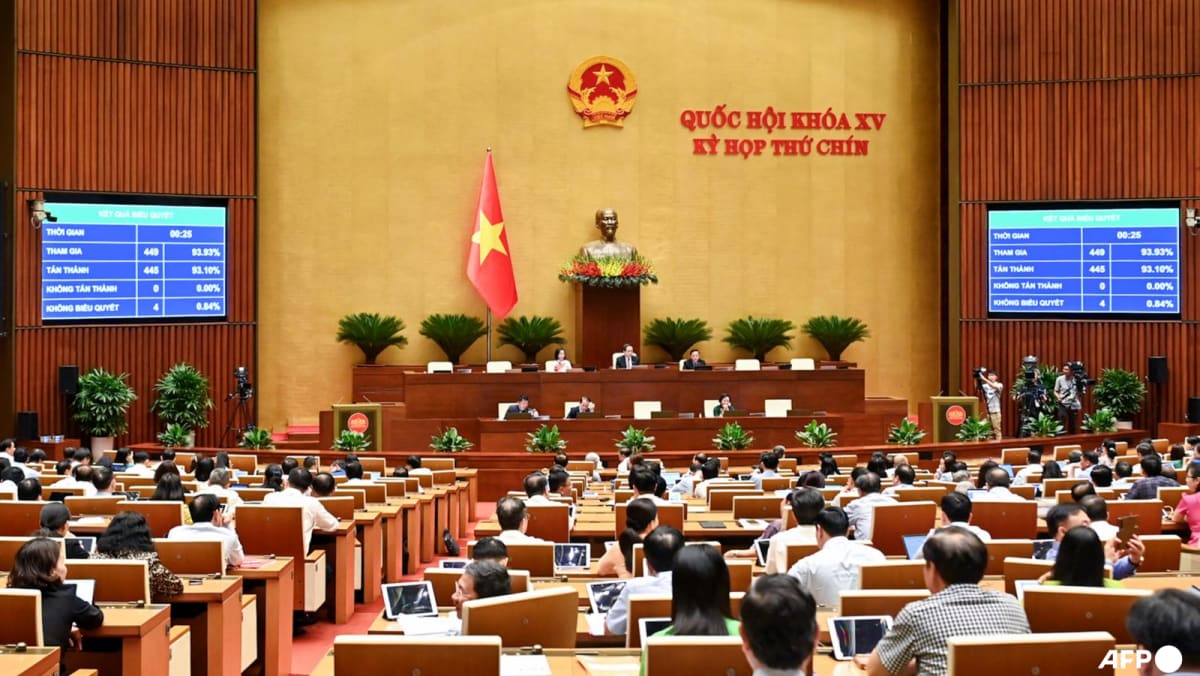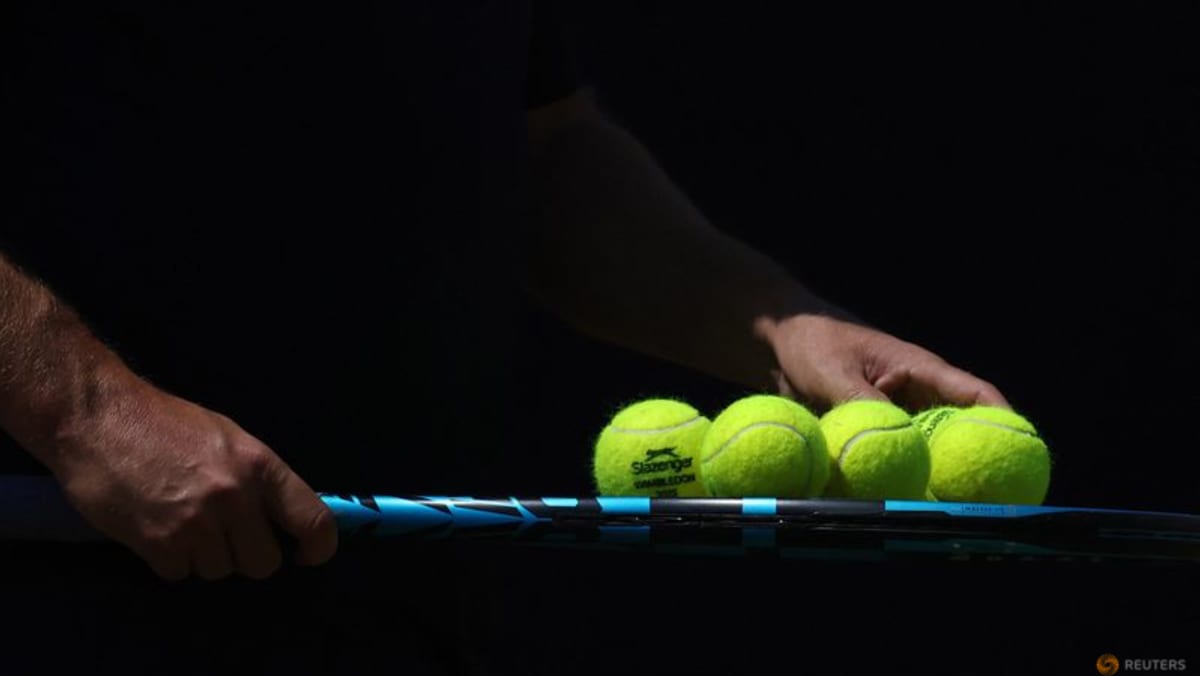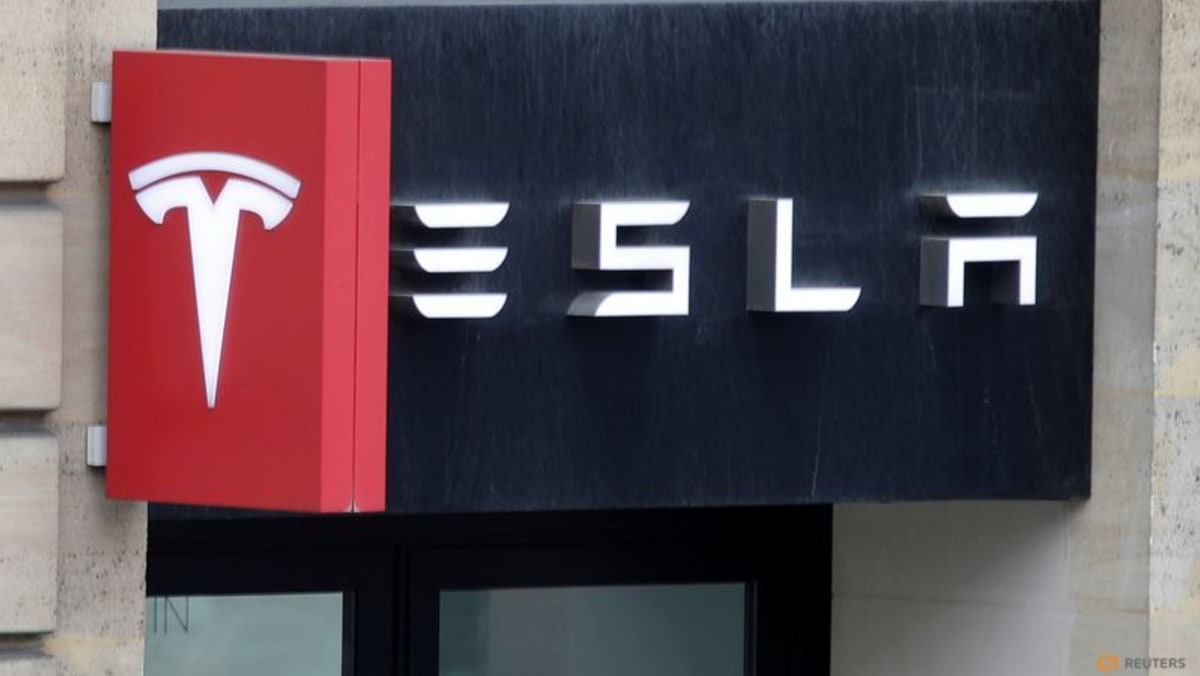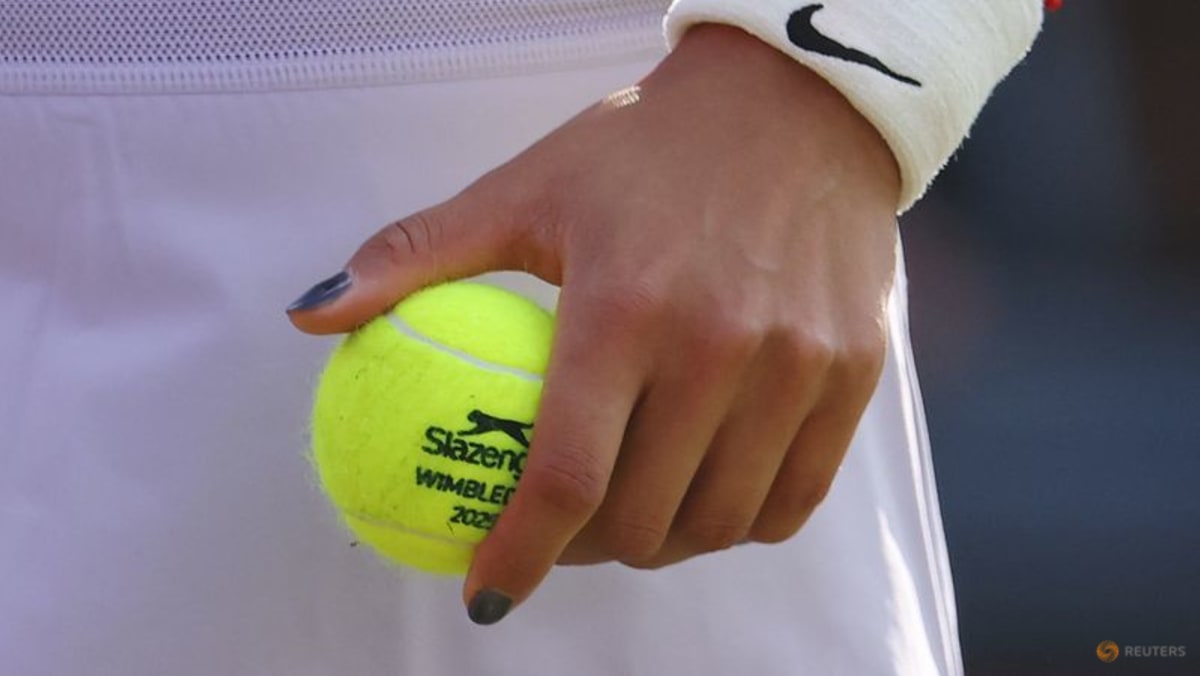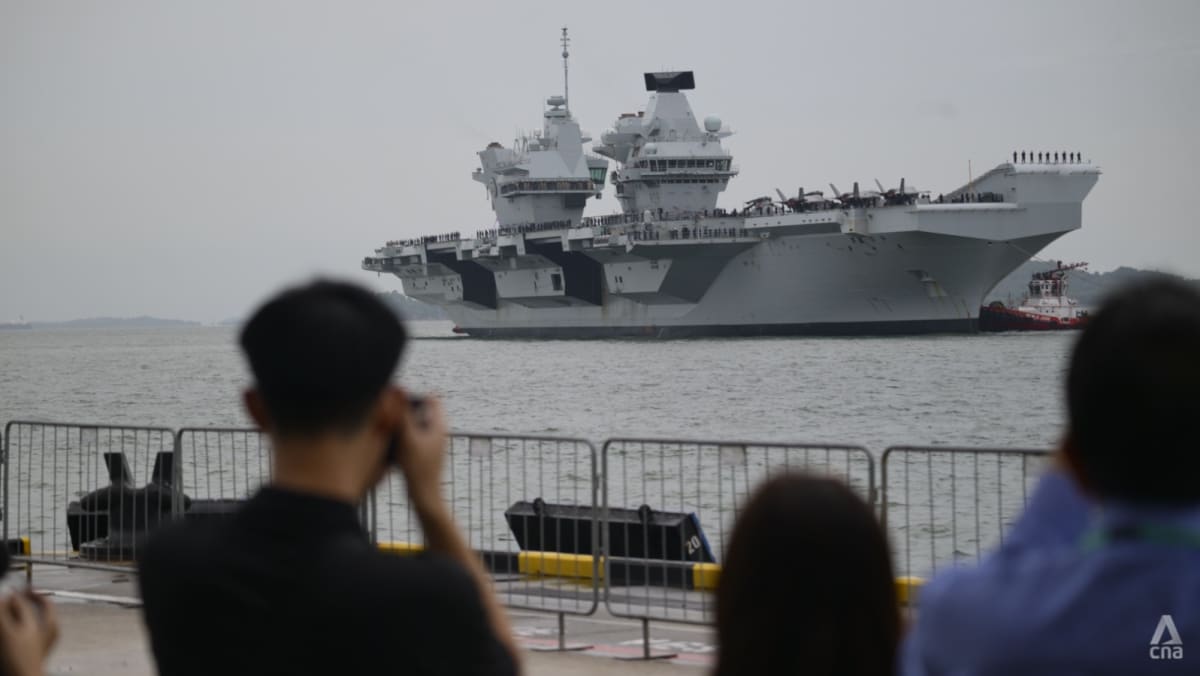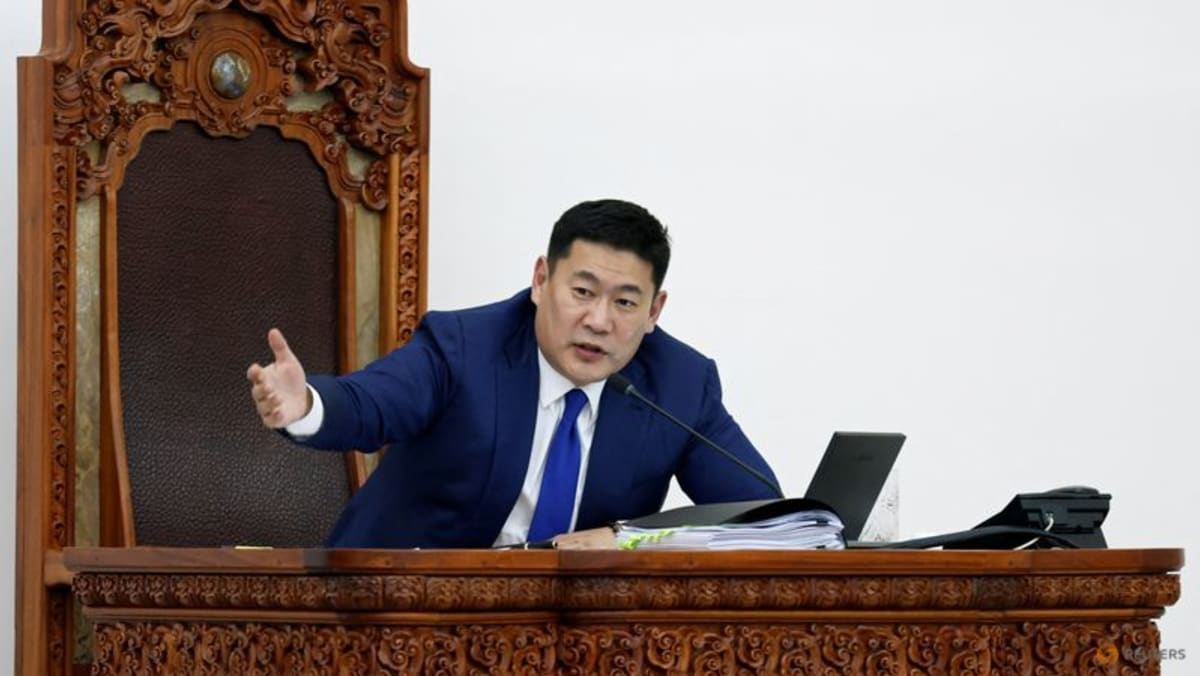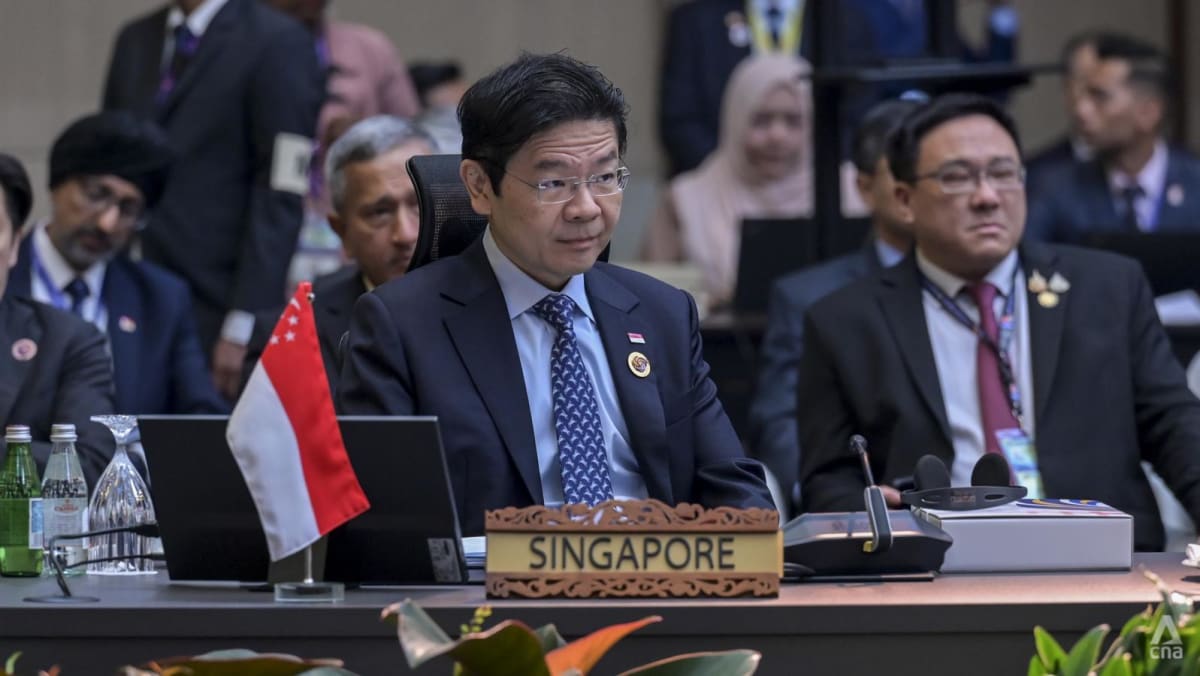TOKYO: If Jensen Huang was hoping to reassure Washington that his company’s advanced artificial intelligence chips won’t be used to supercharge China’s military, his comments likely fell on deaf ears.
“We don’t have to worry about that,” the Nvidia CEO said of America’s greatest fear about his firm’s access to the China market in an interview with CNN. He argued Beijing knows it can’t rely on the US technology, which “could be limited at any time”.
It’s optimistic thinking on his part, given the national security concerns that have fuelled years of semiconductor restrictions.
This risk of China’s dependency on foreign tech was highlighted recently when the US imposed and then lifted export controls on chip design software within the span of a month. The abrupt policy U-turn suggests the restrictions were rolled out to be used as a bargaining chip in trade talks.
But it undoubtedly served as more evidence in Beijing’s mind that it is vulnerable to Washington’s ability to deploy such moves on a moment’s notice. This only spurs its desire to bolster self-reliance.
NVIDIA’S REIGN ON CHINA
Huang’s remarks, notably, came on the eve of a planned trip to China this week, where he is slated to meet senior officials and likely emphasise Nvidia’s commitment to the world’s largest market for semiconductors.
The Santa Clara-based firm plans to launch a new AI chip that has been further modified to meet the ever-tightening controls, the Financial Times reported last week, just months after its previous made-for-China H20 chips were banned.
Nvidia needs to move quickly if it hopes to maintain its reign on the mainland. Domestic giants from Alibaba to Tencent have reportedly been testing alternatives made by Huawei, but most still prefer Nvidia’s offerings. This is because of the difficulty of adopting Huawei’s unique software system after years of creating AI tools on Nvidia’s architecture.
But Huawei is planning a fundamental redesign of its next AI chip that would make it much easier for Chinese tech companies to switch, the Information reported last week. The rework is still in its early stages, but addresses a key hurdle that has prevented many firms from using local chips: It would allow code developers write for Nvidia’s systems to run on Huawei’s hardware.
It’s still a longshot, but if Huawei can pull this off, it would accelerate the local adoption of its tech stack. It also means Huang’s pitch to China would start to lose its allure.
Huawei has signalled global ambitions to unseat Nvidia’s dominance. While the Chinese player can still produce a limited amount of chips compared to the US rival, it is trying to establish a foothold in the Middle East and Southeast Asia to expand its reach.
US HAS FAILED TO STOP CHINA’S AI ASCENDANCY
Huang has complained about the multi-billion-dollar hit to his firm from the export controls, but Nvidia is doing just fine. It even hit a milestone last week, briefly becoming the first company in history to achieve a US$4 trillion market valuation.
In the near term, the chipmaker is the clearest winner in a global AI race marked by who can amass the most amount of computing resources the quickest. By this measure, US restrictions have been successful in slowing China’s AI ascendancy, but they have failed to stop it.
Huang’s top concern seems to be whether his firm can stay in China and maintain its market concentration while further stalling the adoption of Huawei’s products – at home and abroad.
Ultimately, it doesn’t matter whether Huang is correct on the possibility of dual-use military applications for his chips. Tough-on-China tech policies have become a bipartisan rallying cry in Washington, and a spate of cyberattacks linked to Beijing isn’t earning it any goodwill. But there was another point in the wide-ranging CNN interview worth paying attention to.
When asked if it matters whether companies adopt American or Chinese models, Huang said: “In the end, I don’t think it does.” He praised DeepSeek’s open-source R1 model, and added it can be finetuned to address concerns about it being trained in China.
It suggests that he sees AI eventually becoming a commodity. This makes China’s cheaper offerings a lot more alluring globally. It’s also a sign that victory may not be about which model has beaten the latest benchmarks, but whose AI is most widely used by the rest of the world. That should be the biggest worry in Silicon Valley.


